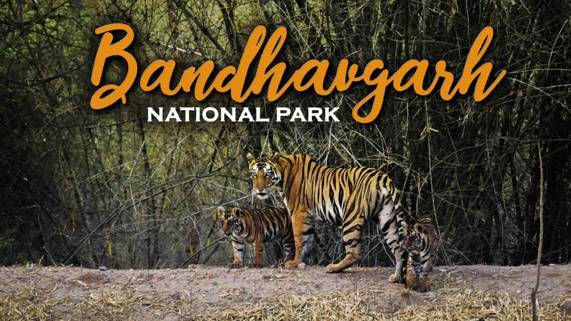Free Courses Sale ends Soon, Get It Now


Free Courses Sale ends Soon, Get It Now



Copyright infringement not intended
About
BANDHAVGARH FOREST
https://www.pib.gov.in/PressReleasePage.aspx?PRID=1863134
https://t.me/+hJqMV1O0se03Njk9
© 2024 iasgyan. All right reserved